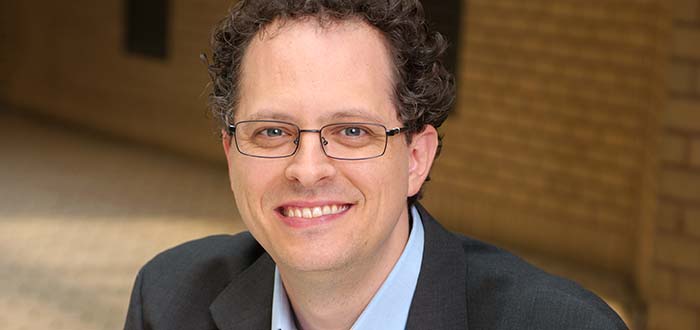John Pfaff was quoted in a Christian Science Monitor article about the decreasing incarceration rate of Texas and how it might set an example for the federal prison system.
One of the most successful states, even though its overall prison population has gone down only marginally, is Texas, says John Pfaff, a law professor at Fordham University School of Law in New York.
Thanks to policies emphasizing diversion programs and treatment for offenders suffering from mental illness or substance abuse, as well as more discretion for prosecutors and judges, Texas’ incarceration rate has dropped sharply, as has its crime rate.
“The states are innovating, and the Feds are adopting,” Professor Pfaff says.
Pfaff was somewhat disappointed that in Obama’s commutations, he didn’t include at least one violent offender where there was still good reason for a lesser sentence and early release. While the bulk of the federal prison population may be nonviolent drug offenders, that isn’t the case for the state prison populations, where more than half of inmates were convicted of violent crimes.
“We’re not going to be able to have a deep cut [in prison populations]unless we’re willing to talk about it,” says Pfaff. “Not all violent offenders are all that violent.”
But the conversation going on at the federal level – especially by leaders in the Republican Party – makes it more possible for states to enact reforms of their own, says Chettiar of the Brennan Center.
“The more the president talks about it, and the more national leaders talk about it, the more there is cover provided for state leaders to act,” she says. Having top Republicans calling for criminal-justice reform, meanwhile, “not only created cover for their own party, they created cover for Democrats.”
After years of calling for changes, activists for reform say they’re cautiously optimistic that a meaningful bill will be passed in Congress and that states will continue to make changes.
The real questions, says Pfaff, are whether such reforms will continue even as the economy improves or if there’s another spike in crime. The positive examples of states like Texas and California may help persuade states to cut incarceration rates, even without the economic pressures to cut costs, he says. But he’s less optimistic about what might happen if crime rises again.
“We’re in uncharted waters,” Pfaff says.

